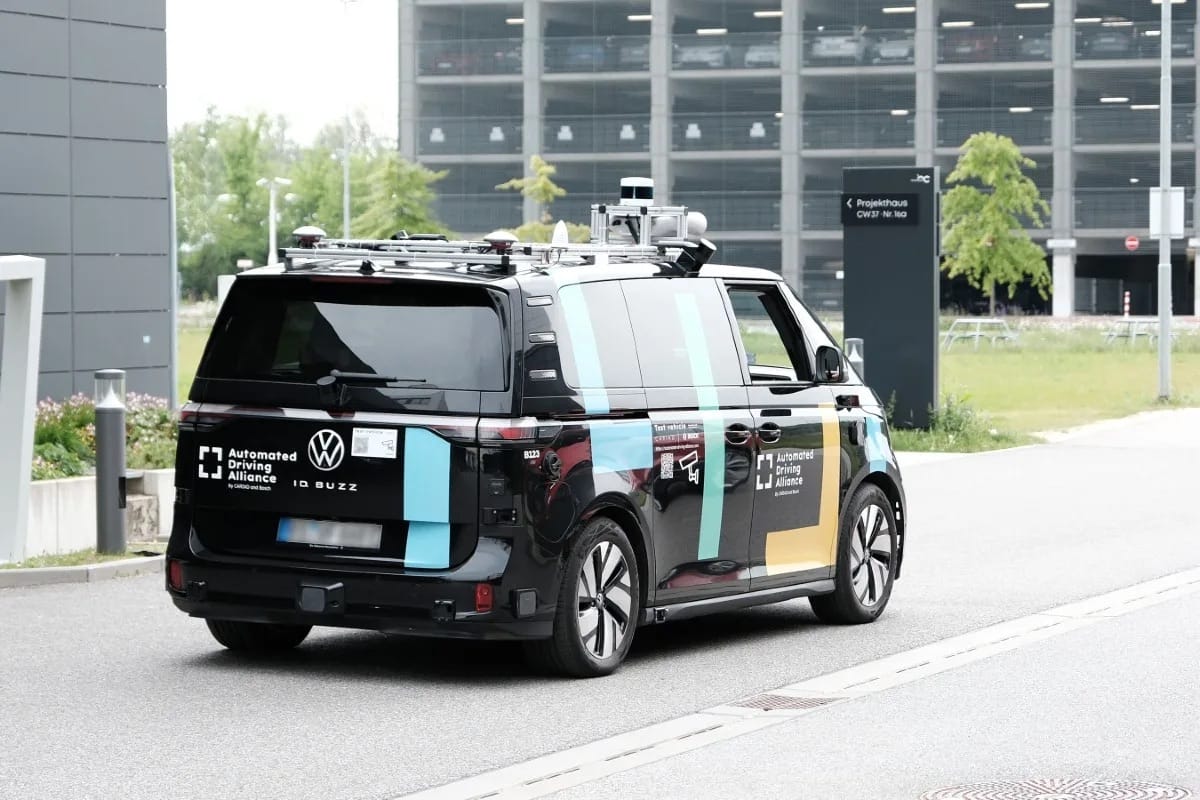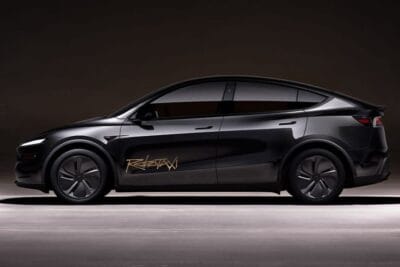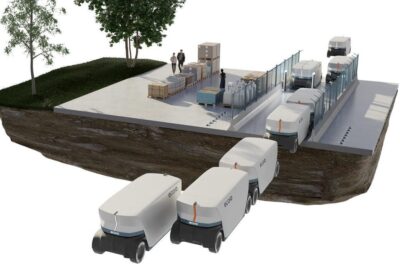Bosch and Cariad work on “even safer” autopilot
Bosch and Cariad say they are enhancing their existing approaches to develop a powerful and intelligent driver assistance system by integrating state-of-the-art AI methods. They aim to improve their software stack for Level 2 and Level 3 assisted and automated driving. The goal is driver assistance systems that “act as naturally as a human driver,” the companies say. The software stack covers all essential cognitive tasks: perception, interpretation, decision-making and action. A higher level – i.e. Level 4 – is not currently targeted. Instead, the AI stack is designed to make automated driving at Levels 2 and 3 “even safer.”
The automated driving functions from Bosch and Cariad are designed for Volkswagen Group’s new “software-defined vehicle” architecture. The partners develop all components of the AI-based software stack independently. The technology is already deployed in test vehicles such as the ID.Buzz and Audi Q8. Bosch adds: “This year alone, hundreds of additional test vehicles will be equipped with a comprehensive set of sensors in order to collect high-quality data.” These data serve to further optimise the AI stack and analyse complex, rare driving scenarios, known as corner cases.
Bosch and Cariad are confident they will make automated driving “available to millions of private motorists, from the mass-market to the premium segment.” The new driving functions will allow drivers to take their hands off the wheel in various driving situations. The timeline is clear: by mid-2026, both companies plan to provide the software stack for series project application.
Peter Bosch, CEO of Cariad, comments: “We’re demonstrating that the German automotive industry has mastered the key technologies of artificial intelligence and automated driving. With the expertise of our developers and engineers, we are securing an integral part of Europe’s digital sovereignty. Our goal in the Alliance is to make the convenience and safety of automated driving systems accessible to as many people as possible so that they can gain valuable time when they’re in their car.”
Mathias Pillin, CTO at Bosch Mobility, adds: “When it comes to getting automated driving systems onto the roads reliably and at scale, data and AI are the key. We can only rise to this challenge together if we work as equal partners and abandon ingrained mindsets. Together with CARIAD in the Automated Driving Alliance, we’re showing how this can work.”
Although the automated driving functions from Bosch and Cariad are intended for Volkswagen Group’s new software-defined vehicle architecture, Bosch will also offer the solution to other manufacturers worldwide. The duo emphasises the importance of end-to-end development of all technology elements with proprietary source code and intellectual property. Bosch explains: “This enables complete technical control of the source code with clear standards for data protection, security, driving safety, and transparency, as well as the ability to generate innovations quickly and flexibly through source code optimization.”
This independence is crucial for the German companies: “The developers design the architecture in such a way that the AI’s decisions and actions remain safe, traceable, and explainable.” Performance will be continuously improved by collecting vast amounts of data up to series launch.
It is no secret that German carmakers need to catch up in software development. In late June, eleven players in the European automotive industry agreed on a pre-competitive collaboration in this field – including BMW, Mercedes-Benz and Volkswagen. Bosch is also part of it. The large open-source initiative explicitly stated that “a significant portion of the vehicle software is not directly accessible to the user and therefore not differentiating” and that it aims to accelerate the transformation to software-defined vehicles. It was initiated by the German Association of the Automotive Industry (VDA) and is implemented within the Eclipse Foundation and the S-CORE project, which forms the basis for an open software core.
This initiative, combined with various measures currently taken by Volkswagen, illustrates the struggle of traditional OEMs with automotive software development. Cariad has faced problems for years, causing delays for new Porsche and Audi EVs. Last year, VW sought relief in a multi-billion-dollar alliance with Californian EV startup Rivian. Since 2023, VW has also maintained a similar partnership with Chinese EV maker Xpeng.
cariad.technology, bosch-presse.de
This article was first published by Cora Werwitzke for electrive’s German language edition.





0 Comments